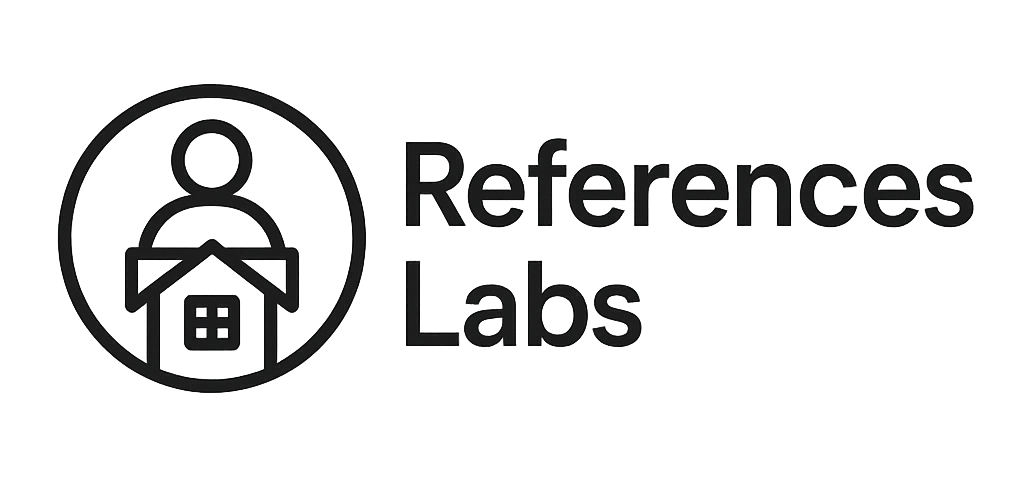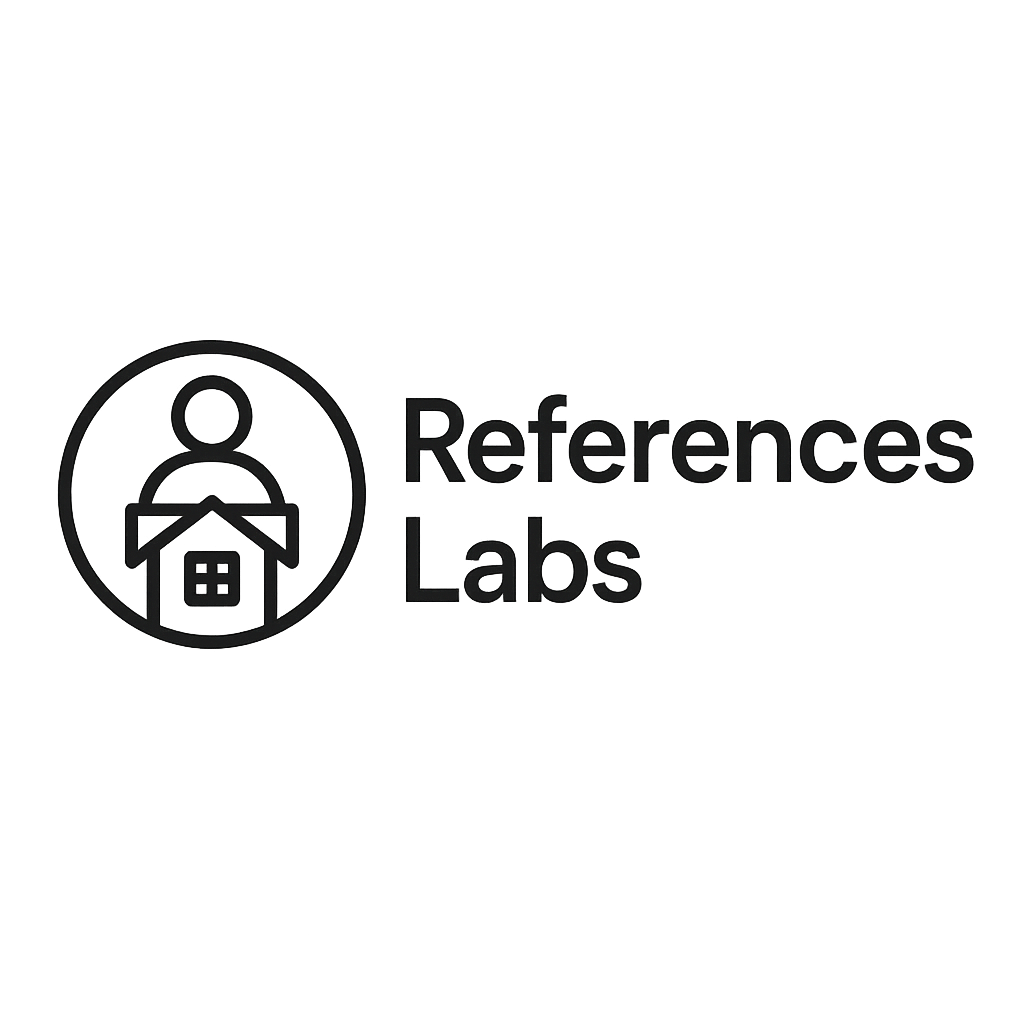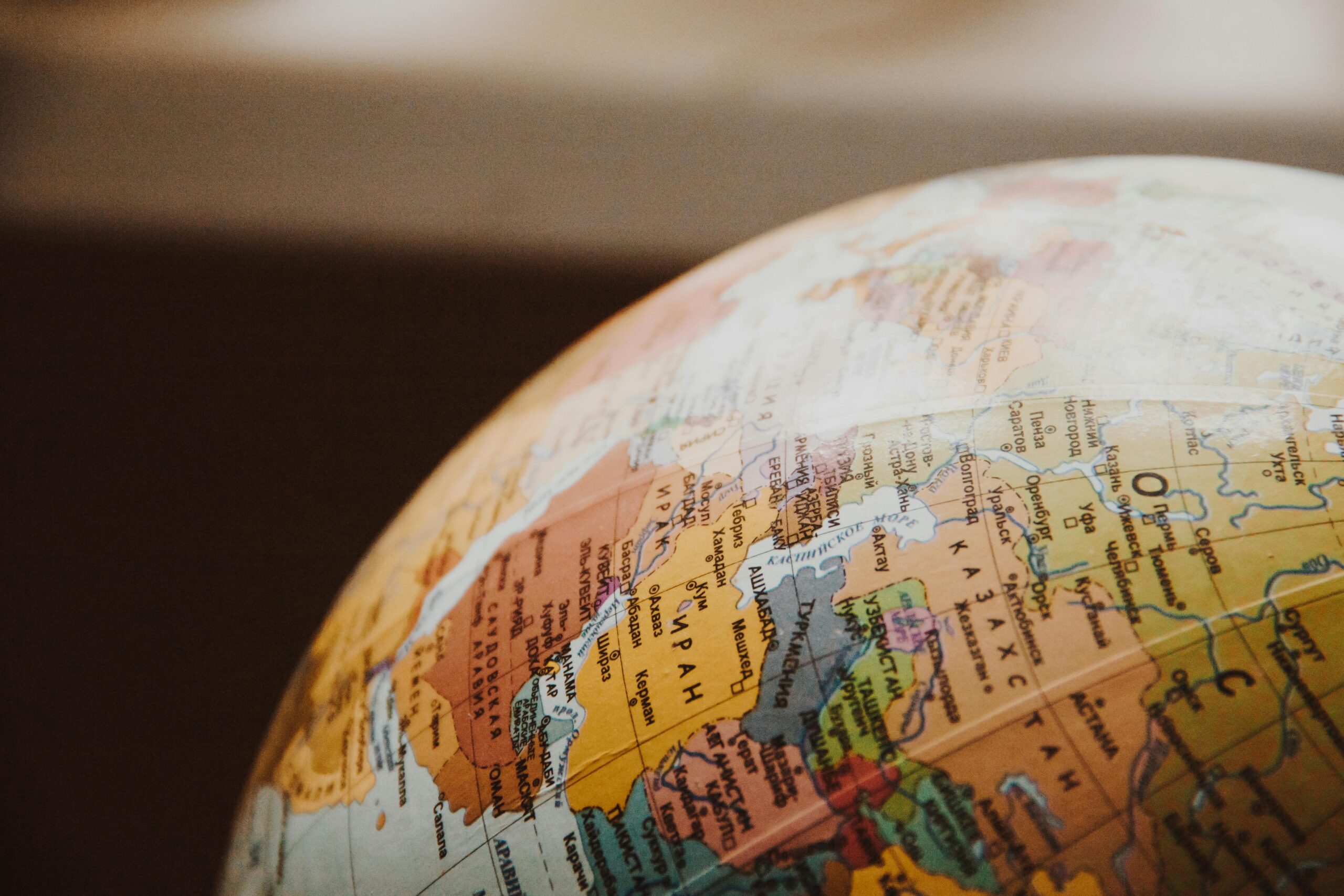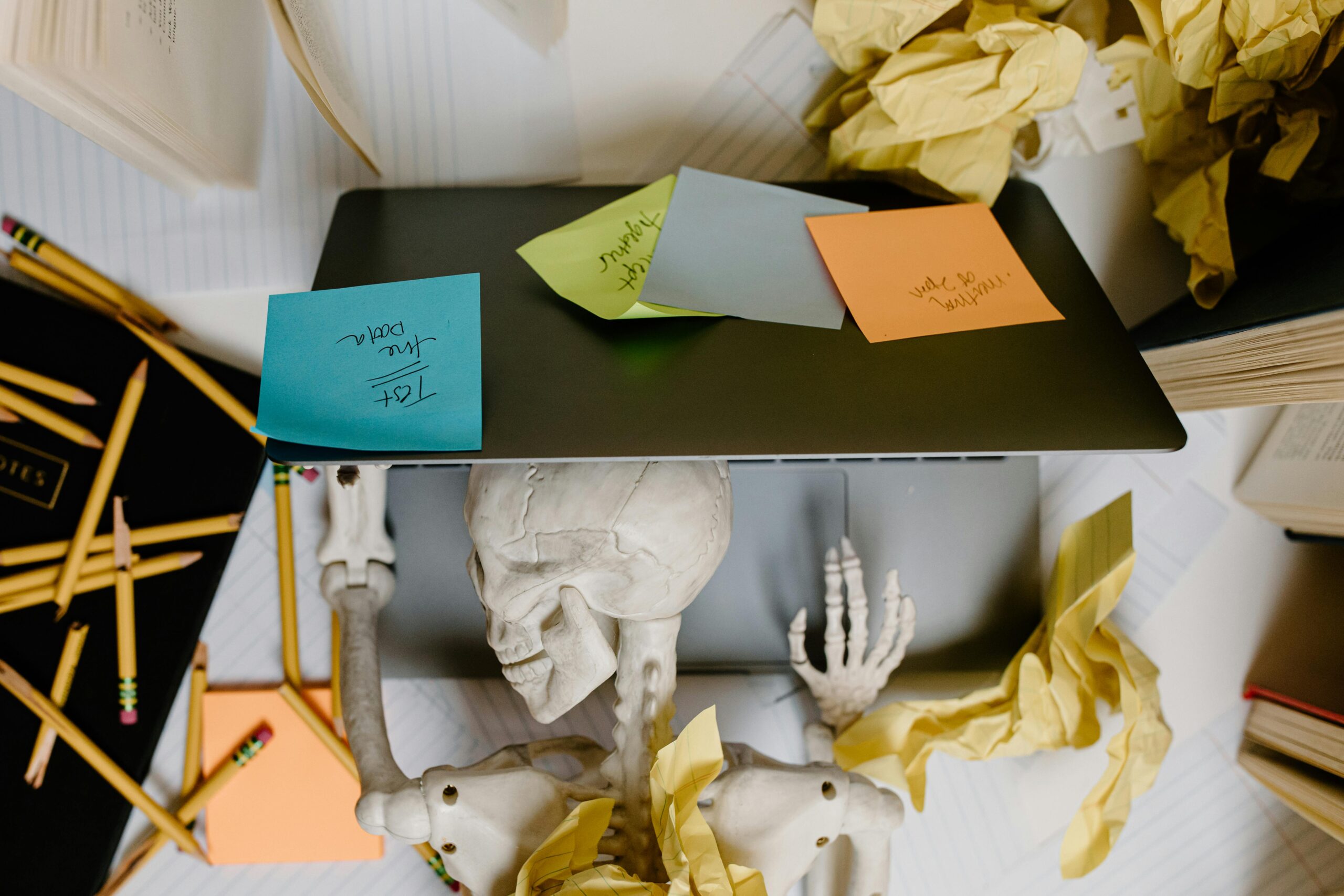The idea of having a clear plan and following it perfectly is often seen as a sign of success. But the reality? It’s okay not to have it all figured out. In fact, not having it all mapped out can be one of the most freeing and powerful things you can experience.
This article aims to explore why it’s perfectly acceptable to not know all the answers right away, and how embracing this uncertainty can lead to growth, discovery, and personal fulfillment.
- The Illusion of Having It All Figured Out
- The Power of Uncertainty and Flexibility
- The Role of Exploration and Experimentation
- Overcoming the Fear of Not Having It All Figured Out
- Embracing Imperfection and Progress Over Perfection
- Conclusion
The Illusion of Having It All Figured Out
Society often paints a picture of success that’s neatly planned out—clear goals, straight paths, and fixed milestones. We see examples of people who appear to have everything figured out, but what we rarely see is the journey behind the scenes. In truth, many of the most successful people didn’t know exactly what they were doing at the start. They took risks, made mistakes, and adjusted their plans as they went along.
The illusion of having everything figured out can be paralyzing. It suggests that if you don’t have a clear and precise plan from the get-go, you’re somehow failing. But the reality is that life doesn’t always work like that. No one has a perfect blueprint for success, and expecting to have everything figured out can keep you stuck in analysis paralysis. The truth is, the process of figuring it out is part of the journey, and that’s where the magic happens.
The Power of Uncertainty and Flexibility
One of the greatest gifts of not having everything figured out is the freedom it provides. Embracing uncertainty opens up space for flexibility, experimentation, and discovery. When you don’t feel locked into one specific idea or path, you’re free to adapt, grow, and change course as needed.
Uncertainty isn’t something to fear—it’s an opportunity. It’s the perfect environment to cultivate creativity and explore new possibilities. The willingness to remain flexible in your approach can often lead to breakthroughs that a rigid plan might not have allowed. Life rarely follows a straight line, and learning to embrace the twists and turns can lead to greater personal growth and unexpected rewards.

The Role of Exploration and Experimentation
Sometimes, the most important part of personal growth is giving yourself permission to explore. If you don’t know where to start or what to do next, it’s okay to take small steps toward different possibilities. Exploration allows you to test new ideas, take risks, and discover what truly resonates with you.
Experimentation is key to this process. Whether it’s a new career direction, a hobby you’re curious about, or a different way of living, experimentation helps you learn what works and what doesn’t. Even if you fail or make mistakes, it’s all part of the learning process. You’re collecting data about what you enjoy, what excites you, and what aligns with your values. And with each experiment, you get closer to understanding what truly matters to you.
Overcoming the Fear of Not Having It All Figured Out
The fear of not having everything figured out can be daunting. We’ve all felt it—worrying about taking the wrong step, looking like we don’t have it together, or feeling like we’re falling behind. But here’s the truth: you don’t need to have everything figured out to move forward. The fear of uncertainty is normal, but it doesn’t have to control you.
One of the best ways to combat this fear is by accepting that uncertainty is part of the process. Instead of focusing on the big picture, take small, manageable steps. Break down your goals into bite-sized actions and focus on the next step, rather than trying to plan every move in advance. This shift in perspective helps ease the pressure and makes the journey feel less overwhelming. The key is to move forward with what you know now, and trust that clarity will come over time.
Embracing Imperfection and Progress Over Perfection

We often feel the need to have everything figured out because we equate certainty with perfection. However, perfectionism can be a huge barrier to progress. The fear of making mistakes or not being “good enough” keeps us stuck in a loop of overthinking, hesitating, and delaying action.
The truth is, perfection doesn’t exist, and trying to achieve it only holds us back from moving forward. Embracing imperfection is key to breaking free from the pressure of needing everything figured out. Instead of striving for flawless execution, focus on making progress—no matter how small. Every step forward is an achievement, and it’s through those small, imperfect steps that we eventually arrive at our goals.
Remember, growth isn’t about being perfect; it’s about learning and evolving. By giving yourself permission to be imperfect, you’ll discover that the journey itself is more important than the destination.
Conclusion
Life is not a destination—it’s a journey. And along that journey, not having everything figured out is perfectly fine. In fact, it’s often the best way to approach life. If we always had everything planned, we’d miss the beauty of exploration, growth, and discovery.
Embrace the uncertainty. Take small steps. Let go of the idea that you need to know it all right now. You don’t need to have it all figured out—what matters is that you’re moving forward, learning, and growing along the way.
Start today—take one small step, even if you don’t know where it will lead. Embrace the process of figuring things out, and let the journey unfold.









